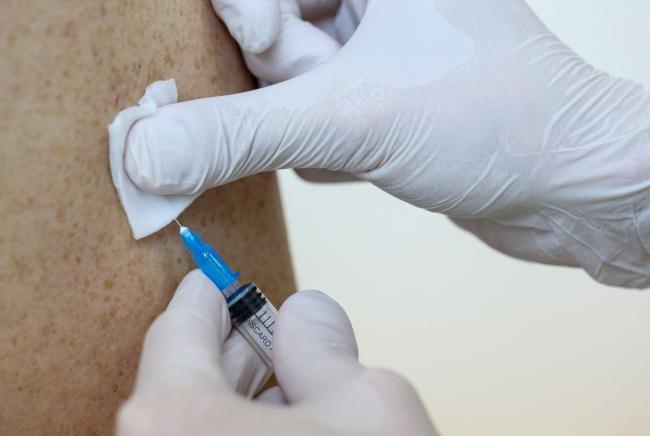(Bloomberg) -- Thailand is in talks with several Chinese, Russian and U.K. vaccine developers to secure viable inoculations against the coronavirus as soon as they became available -- a key element in the country’s effort to reopen its tourism-reliant economy.
The Southeast Asian nation, which has contained the outbreak after becoming the first outside China to detect the virus, also expects to reach agreements with the University of Oxford and Covax, a World Health Organization-backed initiative, by the end of October, according to Nakorn Premsri, director of Thailand’s National Vaccine Institute. The government aims to secure the first batch of doses within three to six months of a vaccine becoming available, he said.
“We need to be proactive and look for every way we can to secure the vaccine quickly,” Nakorn said in a phone interview Thursday. “We have a huge risk for an outbreak because we don’t have a large number of cases,” leaving the population vulnerable if infections start to spread.
Thailand has been largely free of community transmission of the deadly virus, with only two known cases since the end of May. It has so far logged about 3,600 cases since it first detected the virus in January. But its economy has been battered by the hit from the pandemic to its exports and tourism sectors, its two key economic drivers.
Thailand is also pursuing its own vaccine research program, a move spurred by its failure to promptly get an adequate supply of shots during the 2009 flu pandemic, Nakorn said. The first phase of human trials of the locally developed inoculation is set to start as early as December, he said.
Other highlights from Nakorn’s interview:
- Thailand will provide vaccines to its citizens for free, although health authorities are still drawing up a priority list
- Front-line health workers and social service providers may be given priority
- Vaccines will likely be compulsory in areas with active outbreak
- The Thai government plans to increase its budget for the vaccine program to about 3 billion baht ($96.1 million), enough to inoculate 33 million, or about 50% of its population
©2020 Bloomberg L.P.

